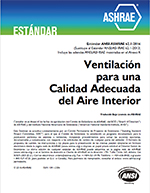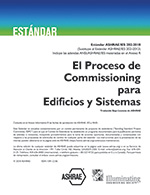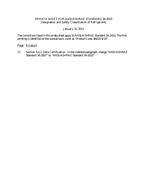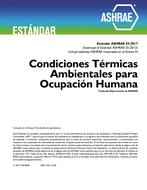Description
The automation across a variety of platforms of Spatial Daylight Autonomy (sDA) creates instances of imprecise results; the user must be aware of the limitations of the daylight analysis platform should they hope to pursue accurate analysis results in accordance with IES LM-83-12: Spatial Daylight Autonomy (sDA) and Annual Sunlight Exposure (ASE). The range of sDA results for an identical shoebox model assessed in a variety of software platforms that range from conceptual daylight simulation platforms to technical daylight simulation platforms will be presented. The primary contributor to the disparity between various simulation platforms is the ability for a dynamic software simulation to account for the action of occupants as they interact with the daylit space. The concern in software platforms that do not address the amount of usable daylight accurately through the behavior of building occupants is an overestimate of usable daylight levels. Specific to the simulation platforms tested, the experimental simulated sDA results will indicate the degree of inaccuracy as daylight analysis automation introduces more users to the world of daylight driven design metrics. The results of this study will help an analyst choose which platform to use for sDA analysis; weighing compatibility with IES LM-83-12, simulation time, knowledge base of the analyst, etc.
Citation: ASHRAE/IBPSA-USA Bldg Simulation Conf, Sept 2020
Product Details
- Published:
- 2020
- Number of Pages:
- 6
- Units of Measure:
- Dual
- File Size:
- 1 file , 740 KB
- Product Code(s):
- D-BSC20-C016




